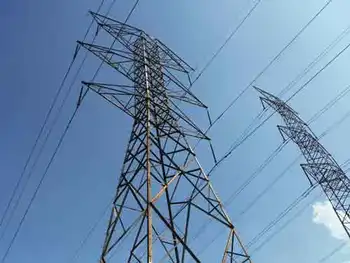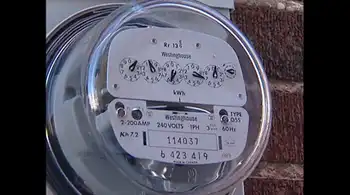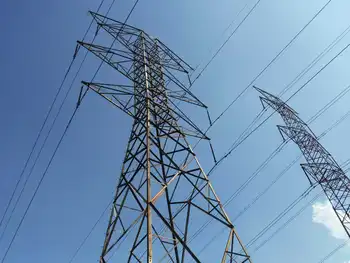Belgium to extend nuclear program
"The government has decided to delay, by 10 years, the first stage of phasing out nuclear power," he said.
Nuclear power accounts for 55% of Belgium's electricity generation. Until now, nuclear power plants have been limited to 40 years and the Doel 1, Doel 2 and Tihange 1 nuclear plants were to be shut down within the next six years. A group of experts reporting to the Belgian government released a report last week saying that Belgium cannot afford to lose its nuclear power, as it would create a massive energy shortfall.
The group said that even with a 15% cut in energy consumption by 2020 and an increase in renewables to 13% of the power mix, the three nuclear plants earmarked for shutdown will be needed until at least 2025, which will be 10 years beyond the original shutdown proposal. The report also suggests that the remaining four plants at Doel 3, Doel 4, Tihange 2 and Tihange 3 have their lives extended 20 years, taking them into the 2040s.
Commenting on the report, Magnette said: "This would ensure security of supply in the country, avoiding substantial production of carbon dioxide and would maintain a price level that protects the purchasing power of households and the competitiveness of our businesses."
The extension of nuclear power in Belgium is going to come at a high price for energy firms though, as the Belgian government expects a lot of money up front for the privilege of operating for longer. Electrabel SA, a subsidiary of GDF Suez SA, already has said that it would be willing to help fund renewable energy projects in Belgium if the government was willing to extend the lives of Doel 1, Doel 2 and Tihange 1.
Now, nuclear suppliers will be expected to pay 215 million to 245 million euros per year to the government from 2010-14. In addition, the government wants Electrabel to pay a separate 500 million euros to fund Belgian renewable projects. The company is also being tasked to maintain 13,000 jobs in energy efficiency and recycling, while promising to train another 10,000 after 2015.
GDF Suez has reacted angrily to the demands, and this week its director Gérard Mestrallet said: "Not 500 million euros, not a cent, zero."
Germany is also widely expected to extend the life of its older nuclear plants in the coming year, reversing an earlier law to phase out nuclear power by 2021.
Related News

B.C. ordered to pay $10M for denying Squamish power project
VANCOUVER - A B.C. Supreme Court judge has ordered the provincial government to pay $10.125 million after it denied permits to a company that wanted to build a run-of-the river power project near Squamish.
In his Oct. 10 decision, Justice Kevin Loo said the plaintiff, Greengen Holdings Ltd., “lost an opportunity to achieve a completed and profitable hydro-electric project” after government representatives wrongfully exercised their legal authority, a transgression described in the ruling as “misfeasance.”
Between 2003 and 2009, the company sought to develop a hydro-electric project on and around Fries Creek, which sits opposite the Brackendale neighbourhood on the other side…




